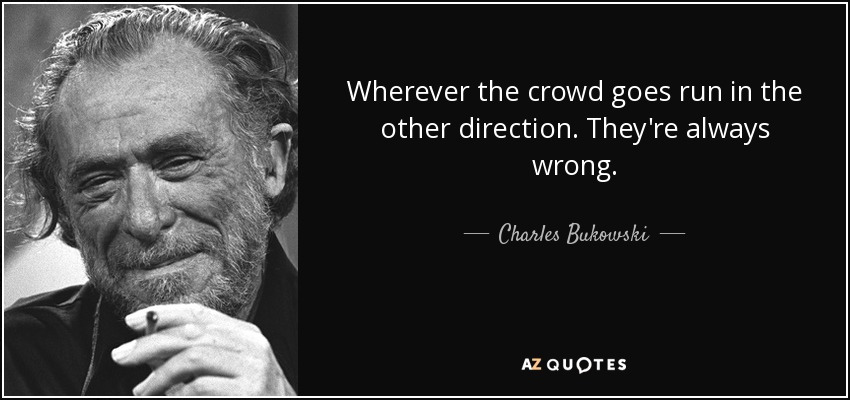Paul Whybrow
Full Member
Fashion designer Coco Chanel stated:

Stories need to stand out in some way to be marketed. Even if you accept that there are only seven types of plot, you can still write unique characters who do unusual things.
A modern way of describing this is having a Unique Selling Point (USP) which can also be an elevator pitch, a term used to describe selling an idea for a movie to a film producer you’ve trapped for a few seconds in an elevator. An extreme example of this is Snakes On A Plane whose title alone sums up the plot.
I write in the crime genre because I like it, and, as it’s the second-highest selling genre I stand more chance of success; also, crime stories allow me to tackle anything in society. I deliberately chose to conform to the conventions of a crime series—a set location, reoccurring characters and compelling antagonists who commit dreadful crimes. Cornwall and its landscape become a character. I explore the lives of my main character and his detectives to encourage the reader to bond with them.
Where my books differ from the mainstream, is that the Cornish Detective Chief Inspector Neil Kettle is the opposite of typical sleuths who drink, womanise, gamble, smoke and bend regulations. He’s a Green/Liberal lover of nature and the arts, who rides a 10’ long black chopper and is clean-living and faithful to his woman; I didn’t give him a love life until the fifth book. In these ways, he’s a weirdo.
Will this make him stand out enough to be successful? I’ve yet to find out. Do readers want to find a main character who’s unique, as marketers suggest?
How different is your protagonist? What idiosyncracies do they have?
Are your stories predictable or surprising in their twists and turns? They should always be plausible.

Charles Bukowski - Wikipedia

Stories need to stand out in some way to be marketed. Even if you accept that there are only seven types of plot, you can still write unique characters who do unusual things.
A modern way of describing this is having a Unique Selling Point (USP) which can also be an elevator pitch, a term used to describe selling an idea for a movie to a film producer you’ve trapped for a few seconds in an elevator. An extreme example of this is Snakes On A Plane whose title alone sums up the plot.
I write in the crime genre because I like it, and, as it’s the second-highest selling genre I stand more chance of success; also, crime stories allow me to tackle anything in society. I deliberately chose to conform to the conventions of a crime series—a set location, reoccurring characters and compelling antagonists who commit dreadful crimes. Cornwall and its landscape become a character. I explore the lives of my main character and his detectives to encourage the reader to bond with them.
Where my books differ from the mainstream, is that the Cornish Detective Chief Inspector Neil Kettle is the opposite of typical sleuths who drink, womanise, gamble, smoke and bend regulations. He’s a Green/Liberal lover of nature and the arts, who rides a 10’ long black chopper and is clean-living and faithful to his woman; I didn’t give him a love life until the fifth book. In these ways, he’s a weirdo.
Will this make him stand out enough to be successful? I’ve yet to find out. Do readers want to find a main character who’s unique, as marketers suggest?
How different is your protagonist? What idiosyncracies do they have?
Are your stories predictable or surprising in their twists and turns? They should always be plausible.

Charles Bukowski - Wikipedia
